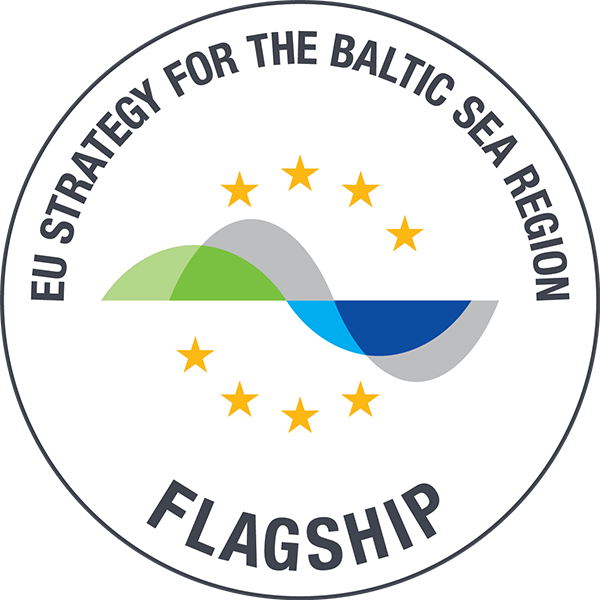During the beginning of 2019, experts from the Baltic Sea Region, who have been involved in the national MSP processes and have organised transboundary consultations, were invited to fill in a survey on their experiences, successes and challenges. Information on scope, timing, issues addressed and approaches to consult neighbouring countries has been collected. Countries have self-evaluated their efforts to organise transboundary consultations in MSP and have pointed out issues that could be improved.
Preliminary findings of the regional MSP framework assessment discussed in HELCOM-VASAB MSP WGOn the 27th of March, 2019 preliminary findings of the Assessment of the Application of Baltic Sea Common Regional Maritime Spatial Planning Framework were discussed in an interactive workshop organized as part of the 18th joint HELCOM-VASAB Maritime Spatial Planning Working Group Meeting. Discussions concentrated on evaluating the joint BSR MSP Principles as well as the Regional Baltic MSP Roadmap and opened a “Pandora’s box” for wider debates.
In the workshop opinion that the Principles are still serving as good basis for coherent MSP in the Baltic Sea was expressed. But as the MSP Principles have been adopted in 2010 and since then a lot of new knowledge in MSP has been gained, that should be reflected in the Principles. Therefore, it was discussed, what was meant by each one of the principles and opportunities, to define them more precisely by integrating nowadays knowledge.
As the Roadmap of HELCOM-VASAB MSP WG is elaborated and will be agreed until 2020, discussions during the workshop have been a very valuable starting point for the further development of the Roadmap. When self-evaluating the work so far, members of the HELCOM-VASAB MSP WG pointed out not only tasks that have been successfully carried out, but also challenges that still have to be tackled.
Although HELCOM-VASAB MSP WG group is one of the frontrunners and excellent examples on formalized transnational MSP cooperation within a sea-basin, still more could be done to be visible on a global scale and collaborate with sectors. A lot of progress has been done to apply ecosystem-based approach and ensure exchange of data and information. MSP has been visible within the EUSBSR framework. Many valuable MSP education initiatives were pointed out and the participants of the discussions considered how to provide more MSP knowledge to broader public.
Work continuesResults that have been collected so far serve as a valuable input for preparing the report on the assessment of common MSP Framework that will support HELCOM-VASAB MSP WG in their further work. Draft report will be available to the key stakeholders this spring and will be discussed with the experts in the upcoming Pan Baltic Scope Planning Forum in May. Final results will be presented during the MSP Forum in November 2019.









